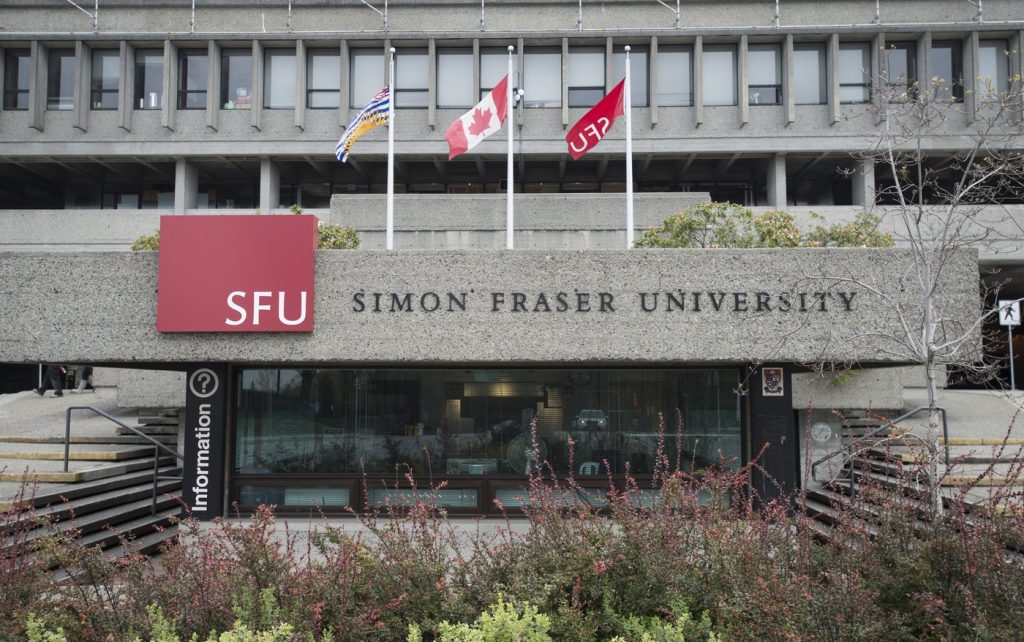OTTAWA – Foreign Affairs Minister Anita Anand engaged in a conversation on Tuesday with Canadian judge Kimberly Prost, who is currently facing American sanctions due to her involvement with the International Criminal Court (ICC). However, Anand did not publicly denounce the U.S. decision regarding the sanctions.
The sanctions were announced on August 20, 2025, by U.S. Secretary of State Marco Rubio. These sanctions specifically targeted several judges of the ICC, including Prost, due to her work on a case related to American military personnel in Afghanistan. In contrast to Canada's subdued response, France promptly condemned the sanctions, labeling them as an infringement on impartial justice. Critics in Canada expressed disappointment over the government’s initial silence regarding the sanctions.
In her social media post, Anand acknowledged her conversation with Judge Prost, stating that ICC judges conduct "vital work." She emphasized that judges are expected to remain objective and impartial in their duties and expressed her utmost confidence in Prost's ability to fulfill this role. Despite this affirmation, her statement refrained from expressing any criticism towards the U.S. government for imposing sanctions.
Following the sanctions announcement, Anand's office disclosed that she had raised concerns during her meeting with Rubio in Washington the day after the sanction announcement. Former foreign affairs minister Lloyd Axworthy criticized the Canadian government's response, suggesting it indicated a retreat from the values that Canada once championed in the international arena, specifically regarding the support for the rules-based international order. He remarked that the lack of a public rebuke of the sanctions could render Canadian officials vulnerable to personal repercussions when their work displeases the U.S.
Additionally, Mark Kersten, a professor at the University of the Fraser Valley who specializes in ICC matters, has called upon the Canadian government to take a stronger stance against the U.S. sanctions. He proposed that Ottawa should consider implementing a blocking order that would prevent Canadian businesses from complying with these American sanctions, which might restrict Judge Prost’s access to critical services, such as banking and airline travel.
In response to Anand’s late statement, Kersten criticized it for lacking clarity and assertiveness. He argued that Canada needs to vocally protect its judges and diplomats from threats and clearly delineate how it plans to safeguard them. He noted that Anand's wording appeared to gloss over the existence of sanctions or imply that they are not rooted in actions from the U.S. government.
This development marks a pivotal moment for Canada, as the government grapples with balancing its relationship with the United States against its commitments to uphold international justice and support for its judiciary system. The lack of a robust public response to the U.S. sanctions could have lasting implications for Canada’s diplomatic stance and its role in global judicial matters.












